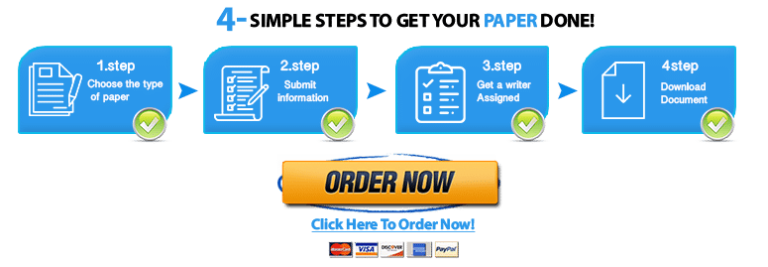INTRODUCTION:
You will be required to write a critique of an academic article focused on a current topic
related to First Nations governance. The article will be provided to you by the Instructor
and may include any number of sub-themes but not limited to, such as citizenship,
legislation, finance, public accountability, public policy, constitutions, Indigenous laws
and leadership.
ASSIGNMENT REQUIREMENTS:
In writing up your critical essay, you will need to include the following:
1. Summary – A summary of the article you are critiquing this shows you understood
the main points of the article. Provide a brief overview of what the Author’s position
is within the article, that is, what he or she is trying to say. This can be accomplished
by distinguishing between the following:
a. The Subject – The subject is the topic, for example, First Nations’
Citizenship; and,
b. The Argument – The argument is similar to a thesis statement – the central
claim, or main point, or main argument that the author is trying to make. For
example: “First Nations’ citizenship criteria, i.e., Indian Status as defined by
the Indian Act legislation, does not align with traditional First Nation
systems of citizenship”.
2. Problem –Often research papers and articles are an organized investigation of a
problem where the investigator/author attempts to gain a solution to a problem. For
example, using the above argument the problem or issue might be: “Under the
Section 6 of the Indian Act, the total number of individuals eligible for Indian Status
decreases significantly with high rates of out-marriage”. In this example, what
problem has the author identified in the article?
For your assignment, you must provide a brief problem or issue statement.
3. Evaluation – for your critical evaluation of the article you will address the article’s
problem, methods, and arguments, offering specific support from the text itself (using
paraphrase or a direct quotation) for your observations.
2
Below are the analytical questions that you will discuss in your essay:
a) Clarifying – What contributions does the article make in clarifying the
argument? Provide three examples/points where the author attempts to
clarify the subject, that is, improve the reader’s understanding of the topic.
Provide separate heading for each point.
b) Complicating – Where does the article provide statements or information
that serve in complicating the argument., that is complicating the position of
the Author? Provide three examples/points where the author attempts to
complicate the argument. Provide a separate heading for each point.
c) Gaps and Errors – What gaps or errors were evident in the logic used by the
Author in attempting to provide a convincing argument? This can also refer to
errors of fact and interpretation. Specifically, what are the discrepancies in
logic or informational gaps relating to the information and points made by the
Author to support his/her argument? Identify and describe three gaps or errors
in the logic used by the Author.
d) Evidence – What evidence does the Author use in supporting his or her
argument? Identify three supporting arguments used by the Author. Use
separate sub-headings for each supporting argument
4. Reflection – for your critical evaluation
a) Issues? – Often there are a number of issues surrounding the topic or
argument (thesis statement) made within an article. Issues are important
considerations surrounding a particular topic or argument. For example,
important issues surrounding First Nation Citizenship might be sovereignty,
citizen obligations, rights & responsibilities, entitlement, or foreign
interference or recognition etc.
Identify and briefly describe three important issues that must be considered
when discussing the topic and argument of the article. Use sub-headings for
each important issue.
b) Agree or Disagree? – Do you agree or disagree with the argument (position)
of the Author? Please provide three reasons to support your agreement or
disagreement with the Author’s position. Use separate sub-headings for each
reason.
c) Improvement? – What suggestions or recommendations would you make to
the Author in order to improve the article? Provide two recommendations for
improvement.
d) Reflection? – your reflection statement indicates your understanding of the
topic, argument and information related to the article. Provide a concise
3
paragraph explaining why the topic and argument made by the Author is
important to First Nations governance.
5. Format
You Article Analysis and Critique Essay is to be submitted solely in digital format
through our online platform https://urcourses.uregina.ca/login/index.php. Hard copies
of the essay will not be accepted or graded. Submitted papers must be created in MS
Word. Other word processing formats are not acceptable. In addition, all papers must
comply with the following format:
• Essay must include course number, student name, and assignment title (i.e.,
Article Analysis and Critique Essay – Major Assignment);
• Use double-spaced, 12-point font, Times Roman type (That’s the typeface
you’re now reading);
• All pages should have 1-inch margins;
• Use appropriate headings and number each page;
• Include a table of contents page instead of a title page (this page is not
considered part of your 10-12 pages of text);
• Grammar and punctuation count;
• Clear writing reflects clear thinking; and,
• Late papers will NOT be accepted.
